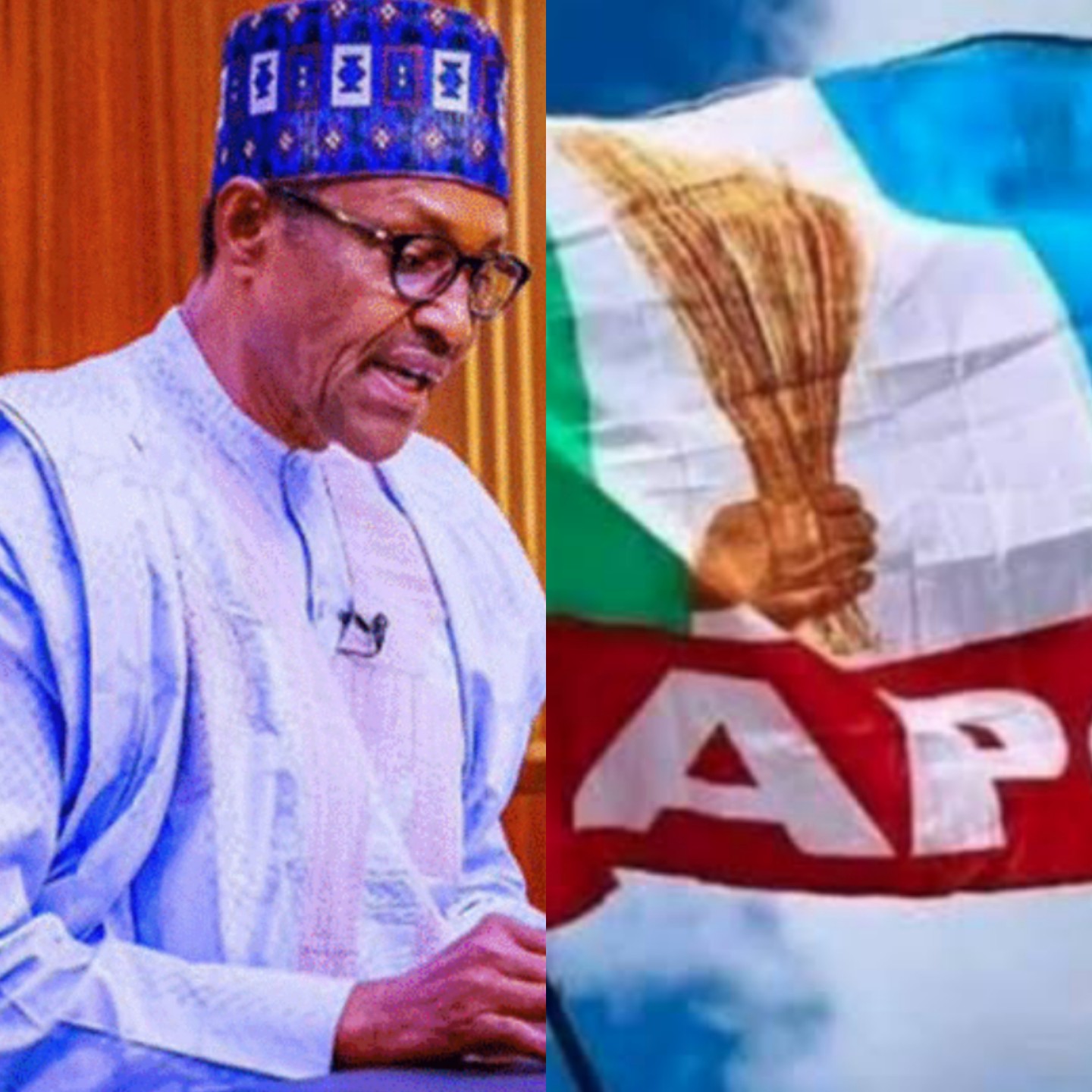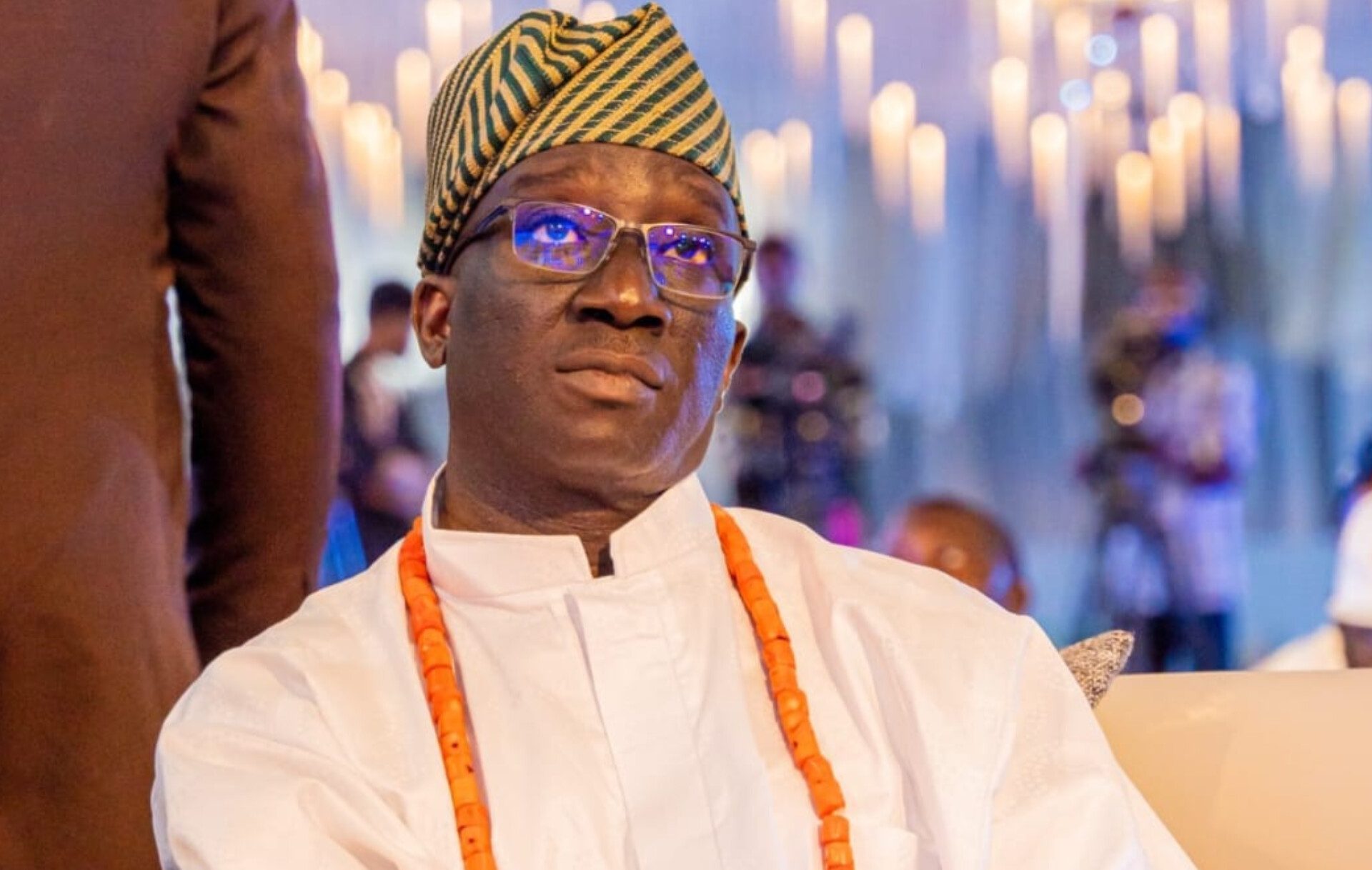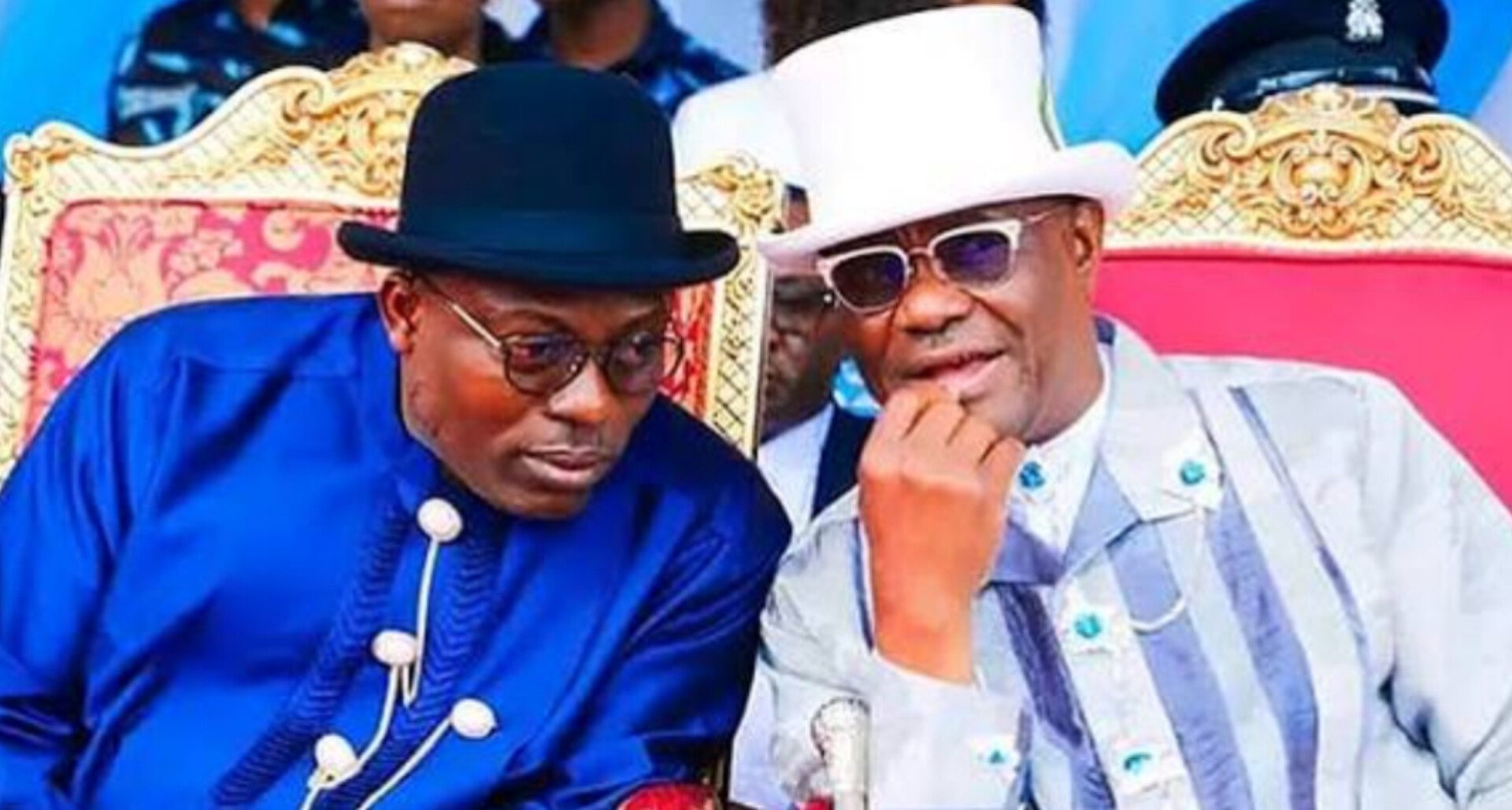BY Chief Mike Ozekhome
The staggering sum of #100 million fixed by the APC NEC for its presidential nomination form has rightly sent shock waves of righteous indignation across the country. The APC had fixed #30 million for the “expression of interest form” and #70 million for the “nomination form”, making a total of #100 million. The party hopes to rake in #1.5 billion from the 15 aspirants that have so far declared interest in the presidential race. By this singular act, the APC has shown a shocking insatiable bacchanalian propensity to corrupt democracy, democratic ethoes, and also scam the entire country.
The vulgarity of this exercise lies not just in the abominable fee prescribed, but more in the party’s pretentious mantra of fighting corruption, using a well orchestrated and carefully oiled Hitler’s Goebel’s propagandist machinery of dubious pedigree. It is the more abhorrent when we realize that this is miles apart from (indeed more than double) the price fixed by the party’s whipping child, the opposition PDP, which has fixed its at #40million (#5 million) for the nomination of interest; and #35 million for the nomination form. The #100m is also over 100% of the #40 million fixed by the same APC for the 2018, presidential nomination form.
President Muhammed Buhari and the APC have, by this singular act, exhibited a very odious and unpleasant example of how not to fight corruption. They have managed to convince Nigerians that politics is indeed the art of grand deception, double-dealing, duplicity, beguilement, sham and self contradiction. They have justified the cliché that diplomacy is the clever art of telling a person to go to hell in such a way that he actually eagerly looks forward to the journey.
Nigerians should recall that in the prelude to the 2015 the presidential elections, president Buhari had trenchantly criticized the #27.5 million levy imposed on his party aspirants for presidential nomination form. He had pooh pooed it as exorbitant. He has now supported #100 million for the same exercise.
With the new amended Electoral Act of 2022 fixing #5 billion limit for presidential campaign as against the earlier #1billion under the 2010 Electoral Act, as amended, Nigeria’s politics and democracy have been completely moneticised with a swing towards anti-people capitalist merchantalism. It has been turned into a marketplace bazaar of bare-faced monetary banditry reserved only for state captors, who have cunningly cornered our collective commonwealth. It is so shameful and so disorientating that Nigeria can ever find herself in this despicable state of nadir.
Under the Buhari government, Nigeria has since become the poverty capital of the world, outstripping India. Nigeria ranks the number 149 most corrupt country in the world out of 180 countries surveyed, as adjudged by Transparency International, under its Anti-Corruption Perception Index. The machroeconomic environment has been badly fouled, leading to a free-for-all fall of the exchange rate of the naira which now exchanges between 580 naira to #700 to the dollar, as against #180-190- Buhari met it in 2015. Nigeria daily experiences an uncontrollable inflation rate that defies any economic sense, analysis and solutions.
To aspire to be a Governor under Buhari’s “puritanic” APC, an aspirant must cough out #50 million; while aspirants to the Senate, House of Representatives and House of Assembly must vomit #20 million, #10 million and #2 million, respectively.
With this circus of Baba Sallah’s Alawada Kerikeri histrionics and sheer theatrics, President Buhari and the APC successfully completed their disdain for, mockery and demigration of Nigerians and our hard-earned democracy.
Buhari and the APC must tell us where they hope that Vice President Yemi Osibanjo, whose present annual salary is #12.126 million as recommended by the Revenue Mobilization, Allocation and Fiscal Commission set up under section 32(d) of part 1 of the third schedule to the 1999 Constitution, will Obtain 100 million from, when he would require 99 months (eight years and three months) to earn the 100 million price for the nomination form. It will take President Buhari himself whose salary is #14.05m 84 months (7 years) to get #100m. They must explain to Nigerians where aspirants like Dr Chris Ngige and Rotimi Amaechi who are ministers with an annual salary of #2, 026, 400 (#168,867 per month) will get 100 million for a presidential form, when it will take them nearly 50 years to earn 100 million. Let Buhari and the APC explain to Nigerians how Kayode Fayemi (Ondo State Governor), Yahaya Bello (Kogi State Governor), David Umahi (Ebonyi State Governor) and Rochas Okorocha (ex Imo State Governor), whose salary per annum is #2, 223, 705, will cough out 100 million when it will take each of them 45 years to earn 100 million. Where will non-wealthy members of the APC, like Gbenga Hashim Olawepo get such money from?
This APC party and president Buhari must tell Nigerians where Senator Orji Uzor Kalu and former Senate president Dr Ken Nnamani would fetch #100m from, when their salary as Senators was and is #750,000 per month (aside humongous allowances). It would take Kalu and Nnamani 135 years to earn 100 million. In the final analysis, APC is probably zeroing in on Orji Uzor only few presidential candidates in the persons of billionaires like Kalu and Bola Tinubu. The Director-General of Tinubu’s Support Organizatioin (TSO), Kebbi-born Aminu Suleiman, has already signed a cheque for the #100 million. To them, it is “chicken change”. Nigeria is hemorrhaging badly. It is just like the case when Rome was on fire while Nero fiddled away.
The price tag of 100 million has obviously conscripted the political space, marginalized, emasculated, and excluded the youths and women from the APC political space. Yet, this is the critical segment of the society that ought to enjoy inclusiveness and a libralised political space to ensure their full participation in politics and engage in the national conversation.
Where is the place of the “Not-too-young-to-run” policy signed into an Act of Parliament by Buhari on May 31, 2018? The APC’s mockery of democracy has certainly thrown up nothing but money-baggism, godfatherism and crass opportunitism by those who have captured the State and our commonwealth.
I now frontally challenge any of the aspirants who will purchase these forms, to show us the source of the fund and also publicly display his tax returns in the last three years.
The APC’s Shylock’s “pound of flesh” extortionist #100 million levy is politically insensitive to the already vanquished Nigerians, having regard to the present grinding poverty, unending insecurity, unabated corruption, melancholy, disorientation, hunger, thirst, pains, pangs, blood, hopelessness and haplessness, with which the party has afflicted Nigeria and Nigerians in the last 7 years. Nigeria has never found herself in such battered and tattered doldrums since Lord Lugard forcefully amalgated the disparate enclaves of Northern and Southern protectorates on January 1, 1914, to found the contraption called Nigeria.
The exorbitant sum of #100 million is a direct invitation to bare-faced thievery and political brigandage when these aspirants eventually win elections and emerge leaders. The price tag constitutes direct and brazen discrimination against other pauperized Nigerian members of the APC party, especially the youths and women, contrary to section 14(2)(b) of the 1999 Constitution, which provides that “participation by the people in their government shall be ensured in accordance with the provisions of this Constitution”. It is also provided that “the Federal Republic of Nigeria shall be a State based on the principles of democracy and social justice” (section 14(1) of the Constitution).
While “the state social order is founded on ideals of freedom, equality and justice” (section 17(1) of the Constitution); section 42(1) prohibits a citizen of Nigeria being discriminated against on the basis of sex, community, ethnic group, place of origin, religion or op
inion. This is precisely what the APC has done to the youths, women and disabled members of the party. This is more so because the Constitution does not permit independent candidacy. Members of the APC, except the select deep pockets, money bags and nouveau rich, are automatically cut off from the party’s various elective offices.
The problem with the tune, tone and template now set by the APC is that politics has become the exclusive preserve of the high, mighty and wealthy members of the society; and not for the poor. This has devalued democracy and institutional morals. The APC is now rabidly promoting plutocracy (government of the wealthy); gerontocracy (government of the oldest members of the society); and oligarchy (government of a select few).
If president Buhari and the APC are genuinely interested in widening and deepening the political space, they should immediately call for a NEC and NWC meeting of the APC to rescind and cancel this obnoxious policy of deliberate exclusion of critical segments of their ruling party. It is a policy that is only fit for the national museum of monuments and artefacts.




